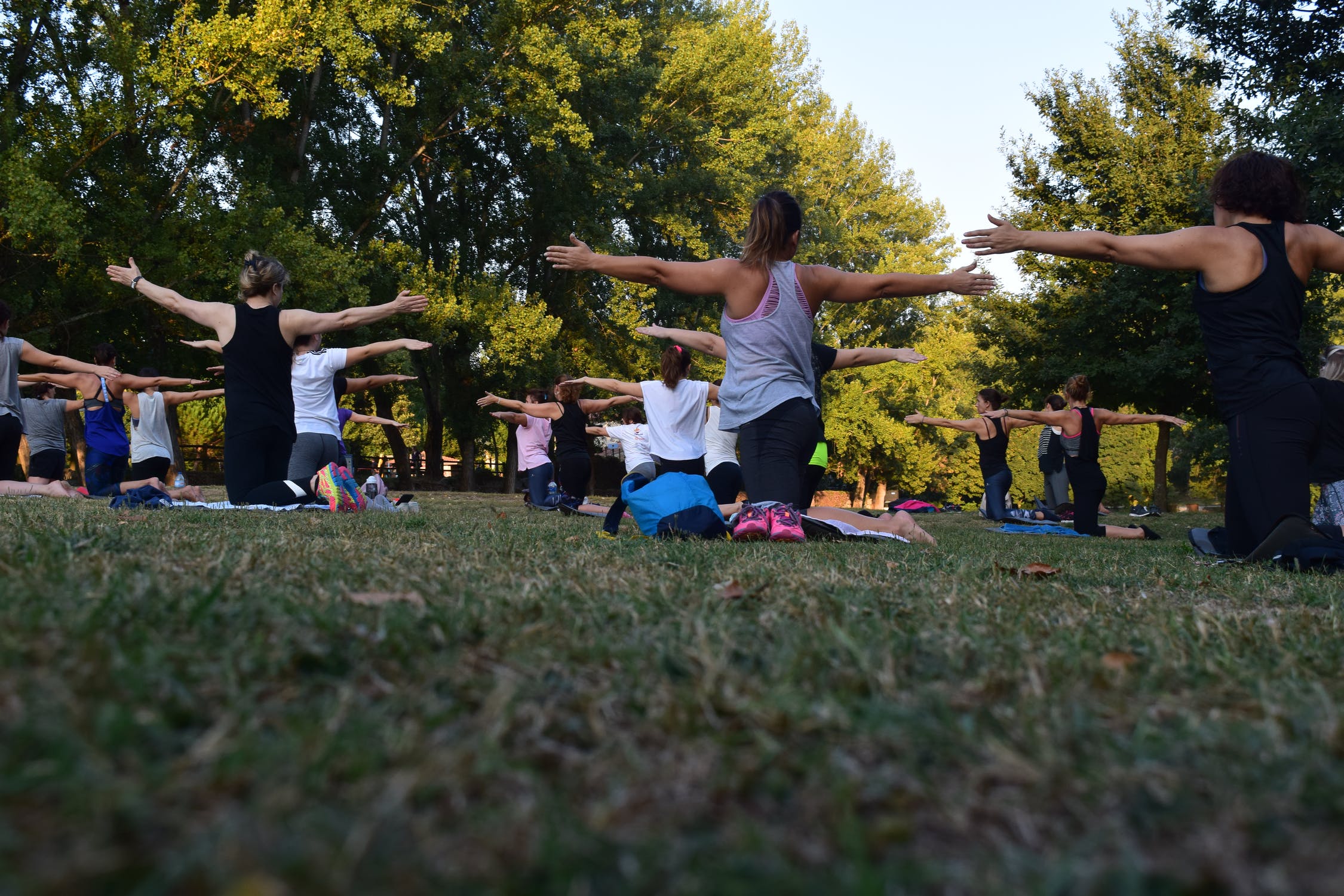Do you experience muscle stiffness, especially after a long day sitting at your desk? You’re not alone. Muscle stiffness is a common problem caused by various factors, such as dehydration, lack of movement, and stress. Fortunately, there are several things you can do to improve muscle stiffness and reduce pain. In this blog post, we will discuss eight ways to achieve this!
Via Pexels
The Root Of The Cause
The first step is to identify the root cause of your muscle stiffness. Once you know what’s causing it, you can begin to treat it. Common causes of muscle stiffness include:
-dehydration
-not stretching enough
-sitting or standing in one position for too long
-overuse or injury
-poor posture
-bad sleep habits
-too much sugar in your diet
-stress
Dehydration
Dehydration is one of the most common causes of muscle stiffness. When dehydrated, your body doesn’t have enough fluid to lubricate your joints and muscles, leading to stiffness and pain. To prevent dehydration, ensure you drink plenty of water throughout the day. You can also get hydrated by eating the right foods. Fruits and vegetables like watermelon, cucumbers, and tomatoes are all high in water content and can help improve your hydration levels.
Do Your Stretches
Not stretching enough is another common cause of muscle stiffness. When you don’t stretch, your muscles can become tight and constricted, leading to pain and discomfort. To prevent this, stretch every day, especially after exercise. Yoga is a great way to stretch your muscles and improve flexibility.
Move Around
Sitting or standing in one position for too long can also cause muscle stiffness. In addition, your muscles can become tight and painful when you don’t move around. To prevent this, take breaks often and move as much as possible.
Overuse Or Injury
The most common cause of muscle stiffness is overuse or injury. For example, your muscles can become strained when you don’t warm up properly before exercising. This can lead to inflammation and pain. If you continue to use the muscle without giving it time to recover, the stiffness will worsen. Delta 9 THC is a natural relaxant that can help reduce muscle stiffness and pain.
Warming up gradually increases your heart rate and blood flow to your muscles. It also loosens your joints and tendons, making them less likely to be injured.
Poor Posture
One of the primary causes of muscle stiffness and pain is poor posture. For example, sitting or standing with hunched shoulders and a rounded back puts unnecessary strain on your muscles and joints, leading to pain and stiffness. To improve your posture, make sure to:
-Stand up straight with your shoulders back
-Sit up straight with your back against the chair
-Avoid slouching when you walk
-Take frequent breaks throughout the day to move around and stretch
-Do exercises that strengthen your back and shoulders
Bad Sleep Habits
Another common cause of muscle stiffness and pain is terrible sleep habits. If you don’t get enough sleep or if you have poor sleeping posture, it can lead to muscle pain and stiffness. To improve your sleep habits, make sure to:
-Get enough sleep: Most adults need around seven to eight hours per night.
-Improve your sleep posture: Sleeping on your back with a pillow under your knees can help reduce muscle pain and stiffness.
-Avoid caffeine before bed: Caffeine can keep you awake and interfere with sleep. If you’re struggling to sleep, avoid caffeine in the evening and try to relax before bed.
Too Much Sugar In Your Diet
One of the leading causes of muscle stiffness is overeating sugar. Sugar creates inflammation in the body, leading to joint and muscle pain. To avoid this, cut down on sugary foods and drinks, and eat more fresh fruits and vegetables. Also, ensure enough protein in your diet as it helps repair and builds muscle tissue.
Stress
Stress can be a significant contributor to muscle stiffness and pain. Learning how to manage stress can help reduce these symptoms.
There are many different ways to manage stress, including exercise, relaxation techniques, and positive thinking. Experiment with other methods until you find what works best for you.
If you’re looking for ways to improve muscle stiffness and reduce pain, try these seven tips. With a little effort, you can see significant improvements in your flexibility and range of motion. As a result, you’ll be able to move more freely and with less pain, allowing you to enjoy your favorite activities again. So give these tips a try and see how much better you feel.
8 Causes of Muscle Stiffness And What You Can Do To Make It Bettermuscle stiffness


what do you think?